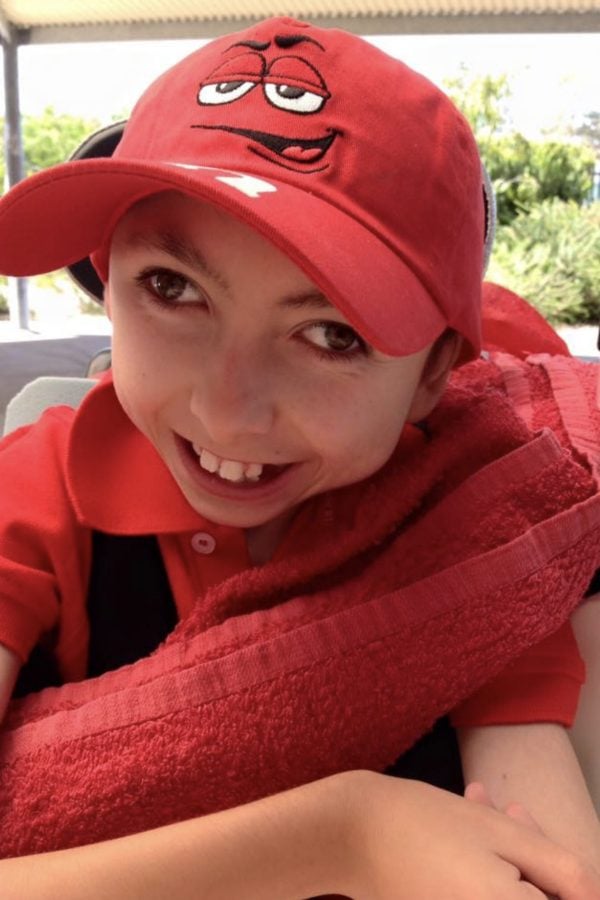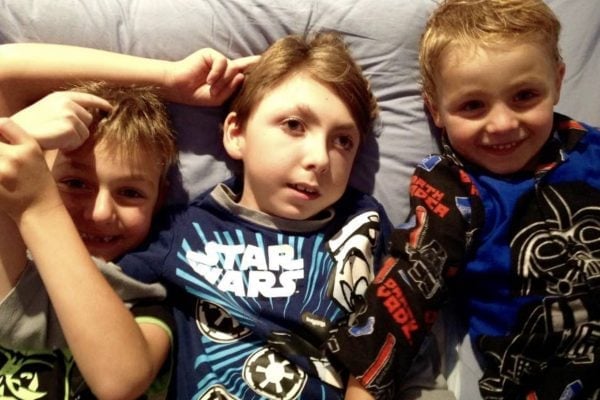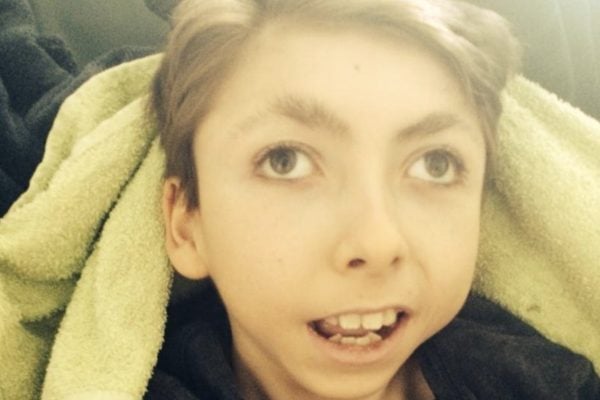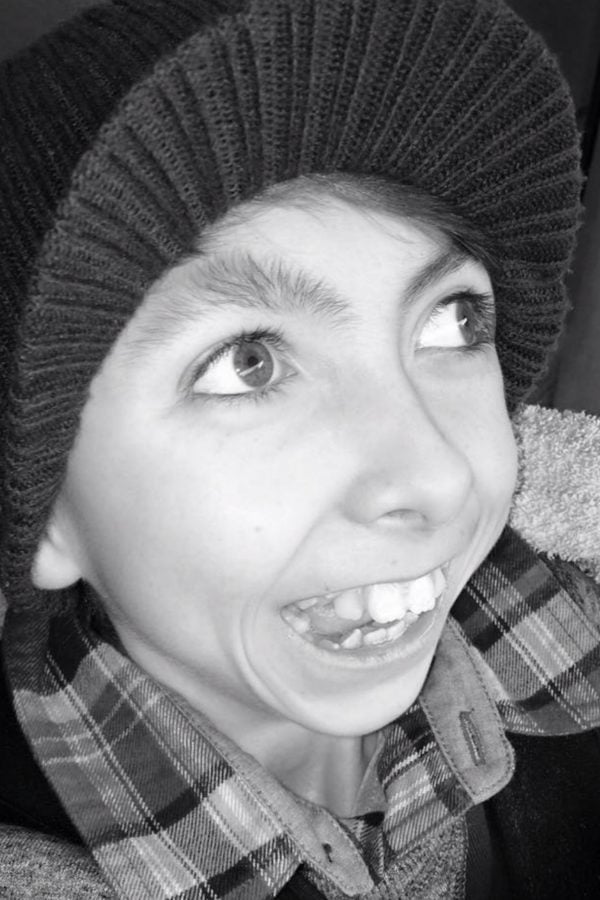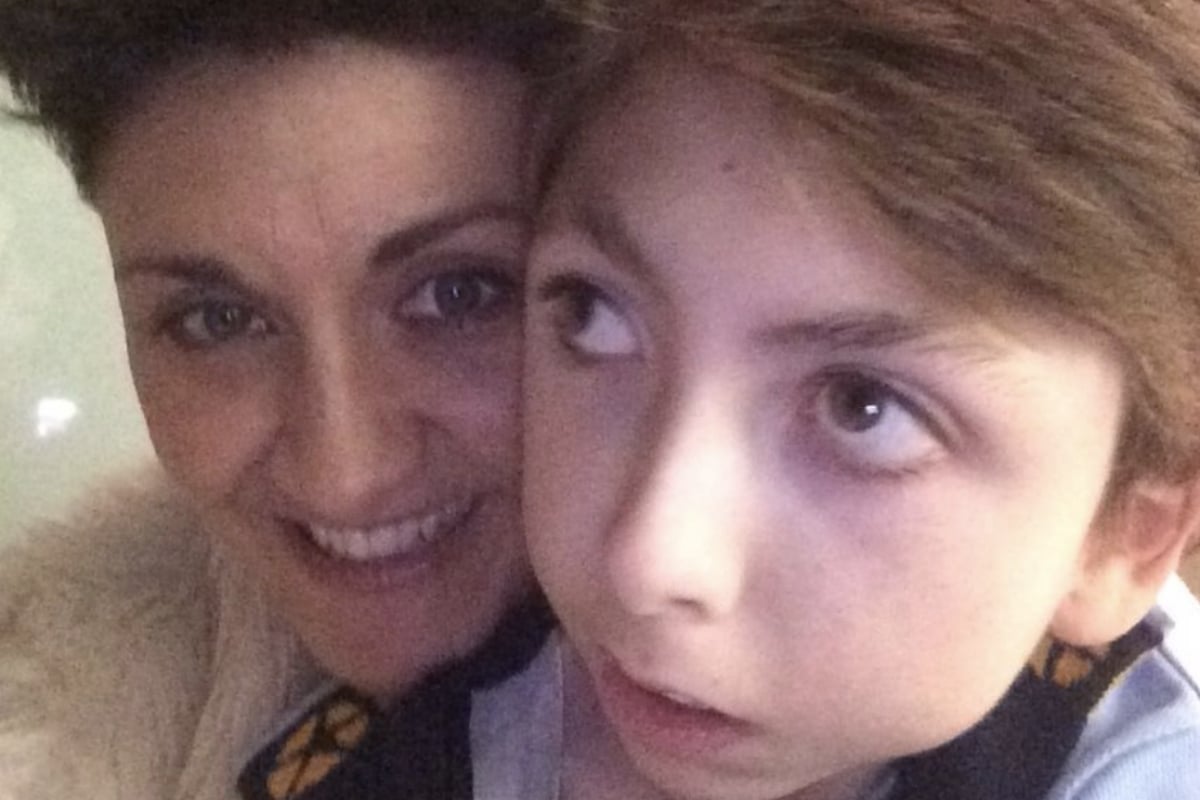
Ella and Jarrod Stratton lost their son Hunter almost five years ago when he was aged just 12, but they’re determined their little man will leave a big legacy.
From the age of about 10, Hunter had been in paediatric palliative care – care for kids with life-limiting or terminal illnesses – and according to Ella, it ‘saved’ them all; which is why she wants more families to understand what it is.
“Palliative care is not about the last day, or week, or month. It’s about giving everyone – the patient and the family – the best life possible.”
